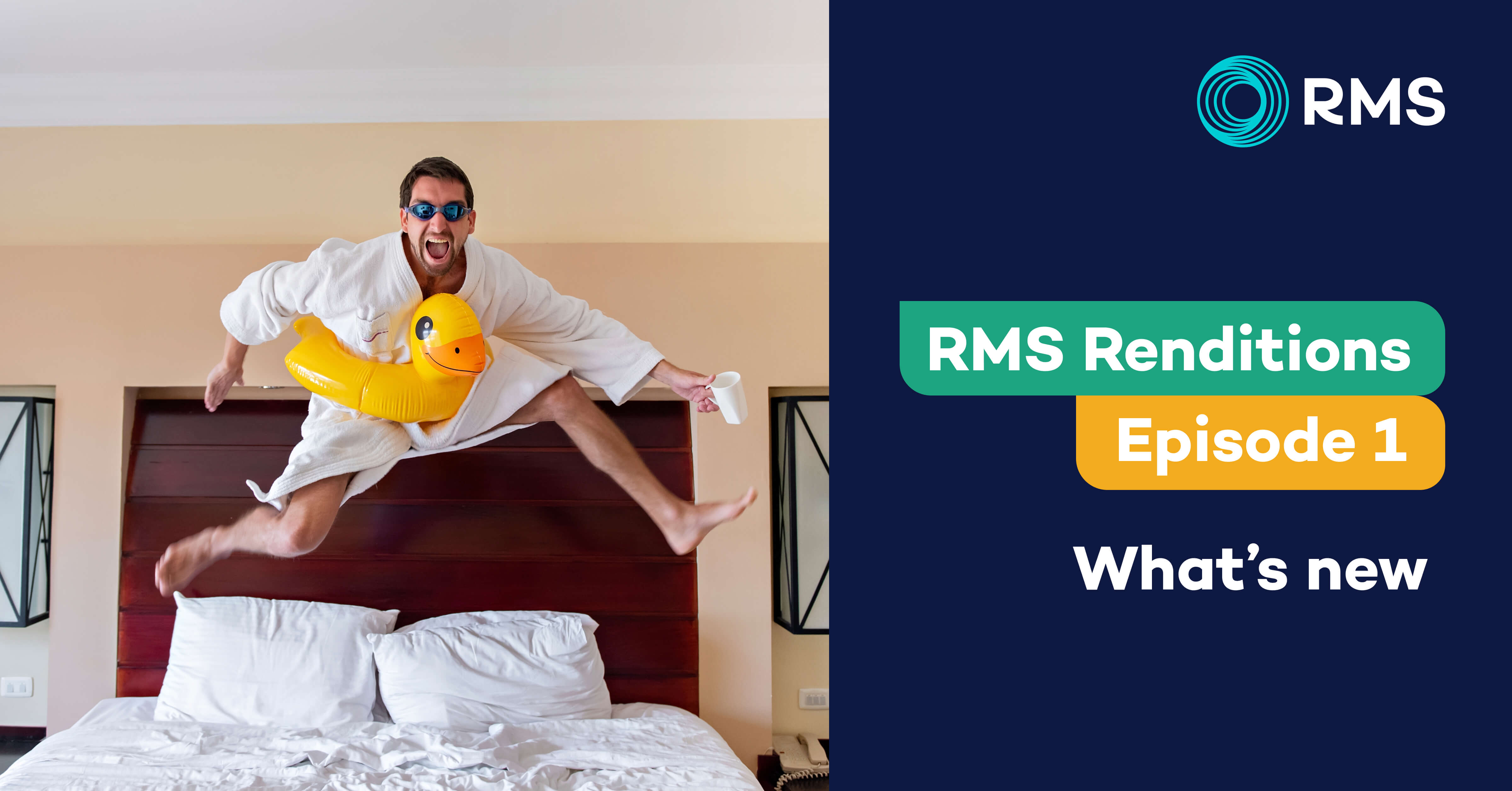It’s important to keep your guest experience as a top priority. This requires a balance between meeting your business goals and taking excellent care of your current campers and boaters.
Through scaled growth and efficient reservation management software, you can maintain this balance more easily. Below, we’ll discuss best practices for guest experience management as you and your staff grow your outdoor property.
Communication Is Key to Managing the Guest Experience
Communication between you, your staff, and your visitors is a crucial component of operational excellence. You can’t smoothly operate without clear lines of communication.
Typically, this means a lot of manual operations for your employees, such as physically visiting a campsite or slip to effectively communicate with your guests.
A reservation management system; however, may have digital communication tools to help you be prompt and professional during each visitor interaction. This may also free up your staff to handle more guest reservations and resulting communications without adding to their manual operations workload.
Don’t Try to Grow Too Quickly
If you pump extra money into marketing, but your team isn’t ready to handle the influx of reservations, the quality of customer service might suffer, leading to a poor experience for your guests.
Instead, consider using the business reporting features that may be available within a configurable reservation management system to scale your growth and avoid growing pains such as overbooking.
Reflect on the Guest Journey as Operations Change
As your business grows — whether by gaining more reservations or running multiple outdoor properties — so do your operations and processes. When new policies and procedures are implemented to promote growth, take the time to reflect on how this will impact your guest journey and guest experience management goals.
Questions to consider include:
- Are there any gaps in my processes that could hurt the customer experience?
- What can my staff and I do to ensure that all guests are notified of any changes or updates?
- Can our reservation management software keep up with growing business operational needs?
It’s easier to have confidence as your business expands if you can keep your guests happy and informed throughout the process.
Be Intentional in Your Growth
A key difference between growing and scaling your business is that scaling is strategically planned — and supported by updated operations and technology — so that your business operates smoothly throughout the growing process.
Before you start growing your business, it’s necessary to write down the goals you want to achieve and how you want to get there. These notes are the beginning of your planning-to-scale process, and can help ease pain points and create milestones for you and your team to track. It’s crucial to celebrate achievements and work toward small steps in the right direction so your team can ensure that your guests don’t face any adversity in the process. Planning ahead also allows you to keep your employees in mind and empowers them to grow with the business.
Selecting the right key performance indicators (KPIs) will help you track your progress and adjust your strategies as necessary. Some KPIs to track through your reservation management system include:
- Guest reviews and satisfaction surveys.
These KPIs can show where your business has the potential to grow and locate any pain points so you can be proactive with your guest experience management while you continue scaling your business.
Growth on the Way to Operational Excellence
Business growth should be focused on operational excellence, the mindset of always working to improve your campground or marina. With the right reservation management system, you can improve the guest experience, resolve issues with timely communication, and intentionally grow your business to better serve each and every camper or boater that books at your outdoor property.
If you’re ready to learn more about achieving sustainable operational excellence, download our free guide to get started today.




